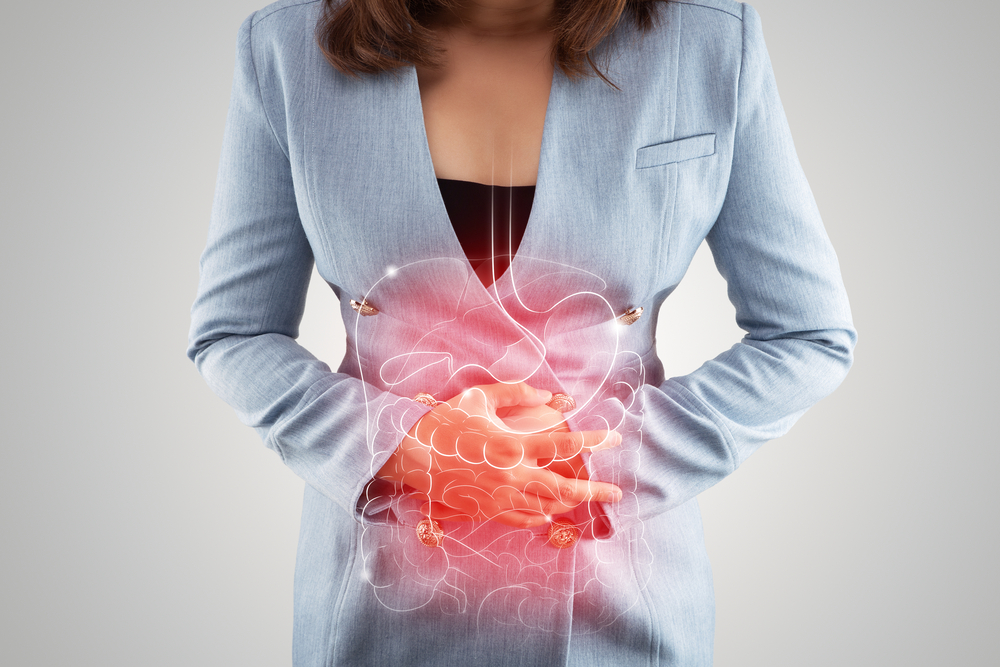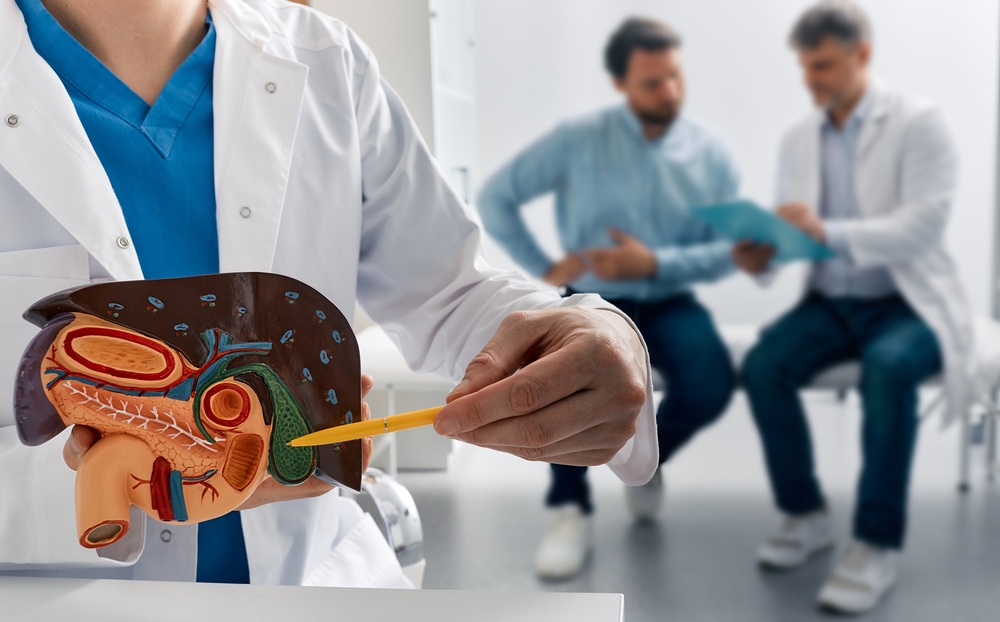How Genetics Contribute to Gallbladder Issues
Gallstones are quite common, with more than 23 million people in the U.S. dealing with this condition. They are often caused by imbalances in your lifestyle or unhealthy diets. However, what very few people know is that 25 to 30 percent of gallbladder diseases can be passed down through genetics.

Some people may not have symptoms of gallbladder disease until later in life, which means careful monitoring is important if you begin to feel some pain in the area. In this blog, you can find out more about the genetic aspects contributing to gallbladder issues and how to potentially protect yourself against them.
What Is the Gallbladder and How Can It Affect You?
The gallbladder is a small organ in the shape of a pear located just below the liver. Its main function is to store bile and keep it concentrated. You need this digestive fluid because it breaks down the fat in your intestines during digestion.
Too much bile salt, cholesterol, or bilirubin (bile pigment) can create deposits in your gallbladder, leading to gallstones. They can be as small as a salt grain or as big as a golf ball, the latter usually requiring you to opt for gallbladder surgery.
Genetic Factors that Could Lead to Gallbladder Disease
Genetic predispositions can take many forms when it comes to the development of gallbladder disease. In some cases, a mutation in your genes could make you more likely to develop gallbladder disease. In other instances, hereditary structures could indirectly lead to their formation. The following factors could tell you whether or not you are at risk of this condition.
1. Genetic Mutations
Specific genetic mutations related to your bile formation or cholesterol metabolism could put you at risk of gallstones. These issues are only observed later in life, sometimes not at all. There aren’t many explanations for why these mutations occur, and they are quite rare.
2. Anatomic Variations
Genetics can easily affect the function and shape of your bile ducts and overall gallbladder. This is often visible in the anatomy of your body. For instance, if you have a larger or smaller gallbladder than most people (a feature usually passed down in families), your likelihood of developing gallstones could increase.

3. Metabolic Diseases
Metabolic diseases like familial hypercholesterolemia have a 50 percent chance of being passed down from parents to children. This can be problematic because the presence of disease could also elevate your LDL (also referred to as “bad cholesterol”) levels. Aside from putting you at risk of heart attacks or coronary artery disease, it could also increase your chances of developing cholesterol gallstones.
4. Ethnicity
Sometimes the ethnicity that you were born to – and that is the entire foundation of your genes – could make you more susceptible to gallstones. For instance, American Indians or Mexican Americans have a higher predisposition to developing gallstones in comparison to other ethnicities. This suggests a genetic component might make them more likely to develop these problems.
5. Gender
Genetics also determines whether you are born a male or a female. Indirectly, this could influence your chances of having a gallbladder disease. For instance, women are two to three times more likely to develop gallstones. This happens due to various factors like hormonal influences and following incorrect diets. Pregnancy could also increase their risk of developing gallstones, not just because of hormonal imbalances but also because the uterus starts pressing against the gallbladder.
Do You Have Gallbladder Concerns?
In the end, while less common, genetics can very well affect the functionality of the gallbladder and lead to various problems. If your family has had numerous issues with gallbladder disease, you should keep an eye on your medical condition. It might be a good idea to schedule a consultation with Dr. Patrick Moore and check your gallbladder regularly, even if you do not have the symptoms.
To find out more about gallbladder disease, please contact Dr. Patrick Moore at 951-477-5700. He can tell you more about the potential hereditary disposition for gallbladder disease.




